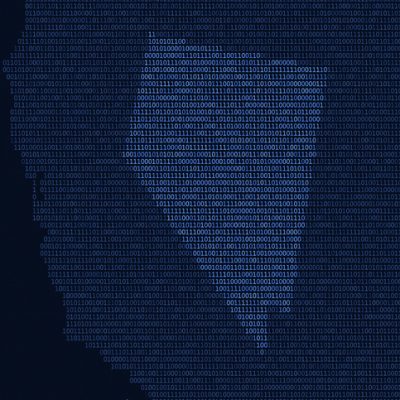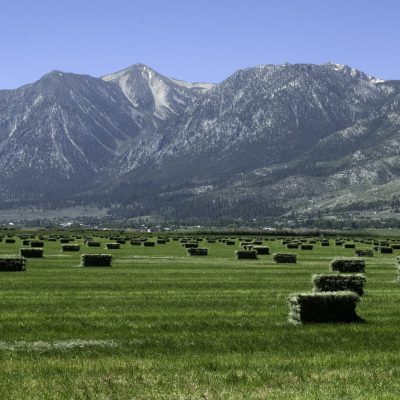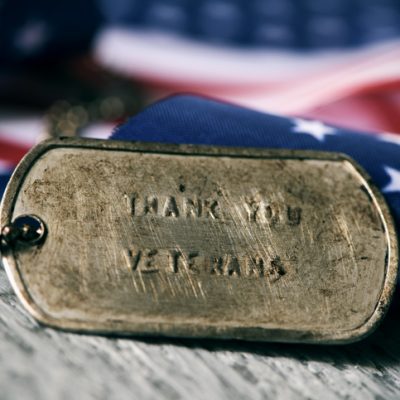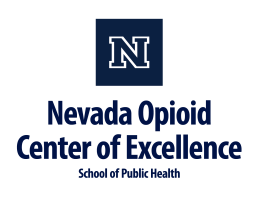News
News

High Sierra AHEC is excited to share a new statewide education opportunity, made possible through a partnership grant from the National AHEC Organization (NAO) and Pri-Med. The program, Safe and Effective Pain Care: A Comprehensive Guide for Opioid Prescribing in Primary Care, offers free continuing education for healthcare providers engaged in prescribing or treating patients with opioid analgesics.

Nevada’s Overdose Data to Action (OD2A) program has released the latest nonfatal overdose data for the state, including both the monthly Drug Overdose Surveillance and Epidemiology (DOSE) reports through October 2025 and the new Quarter 3 Nevada Hospital Overdose Surveillance Report.

The Nevada Opioid Center of Excellence (NOCE) provides free, evidence-informed education, training, and resources to support Nevada’s response to the opioid crisis. Our Fall 2025 Newsletter highlights upcoming live events, new OnDemand learning opportunities, the return of the NOCE Dose podcast, and featured resources available to communities across the state.

This fall, NOCE invites you to take part in a powerful conversation about healing across generations. Empowered Pathways, a new four-part learning series with Dr. Eboni January, explores how opioid use impacts individuals and families from birth through older adulthood — and how Nevada’s communities can respond with compassion, data, and action.

The Nevada Department of Veterans Services has launched the PROUD Program to expand support for veterans and their families impacted by opioid use. Funded through the Fund for a Resilient Nevada, the program provides funding opportunities for organizations who are providing MAT/MOUD and behavioral health services to veterans and their family members.

The Nevada Opioid Center of Excellence (NOCE) is here to connect Nevada communities with free, evidence-informed education, training, and resources to address the opioid crisis. Our Summer 2025 Newsletter highlights upcoming events, new resources, and ways to get involved in overdose prevention and recovery support.
